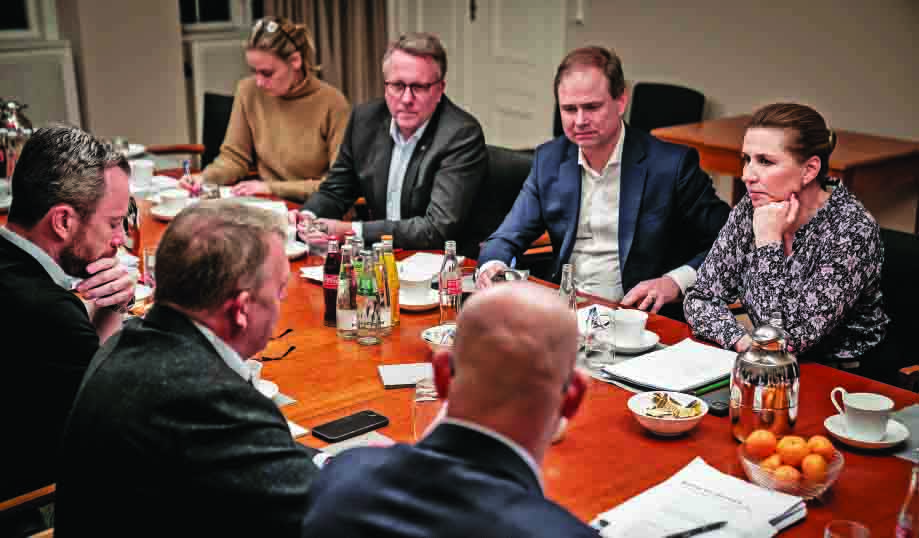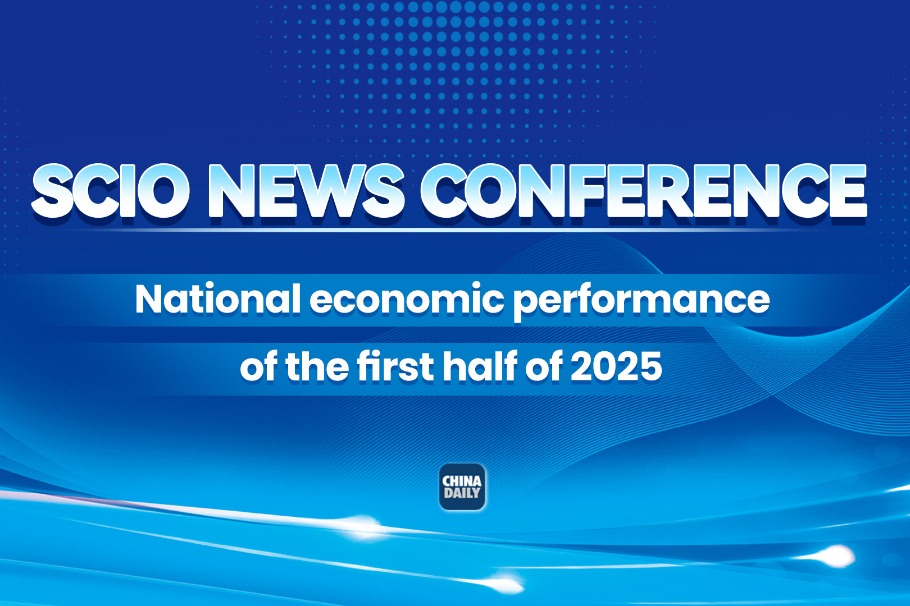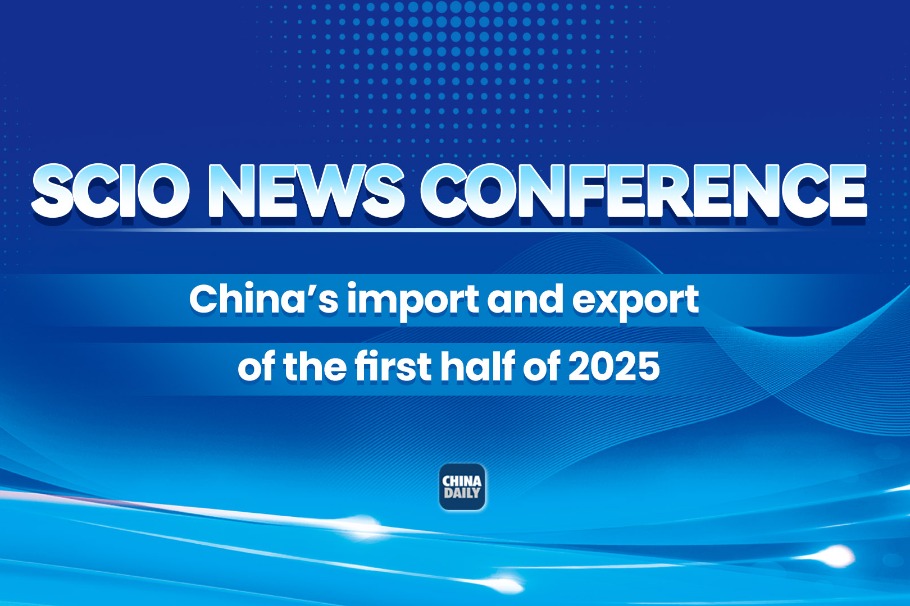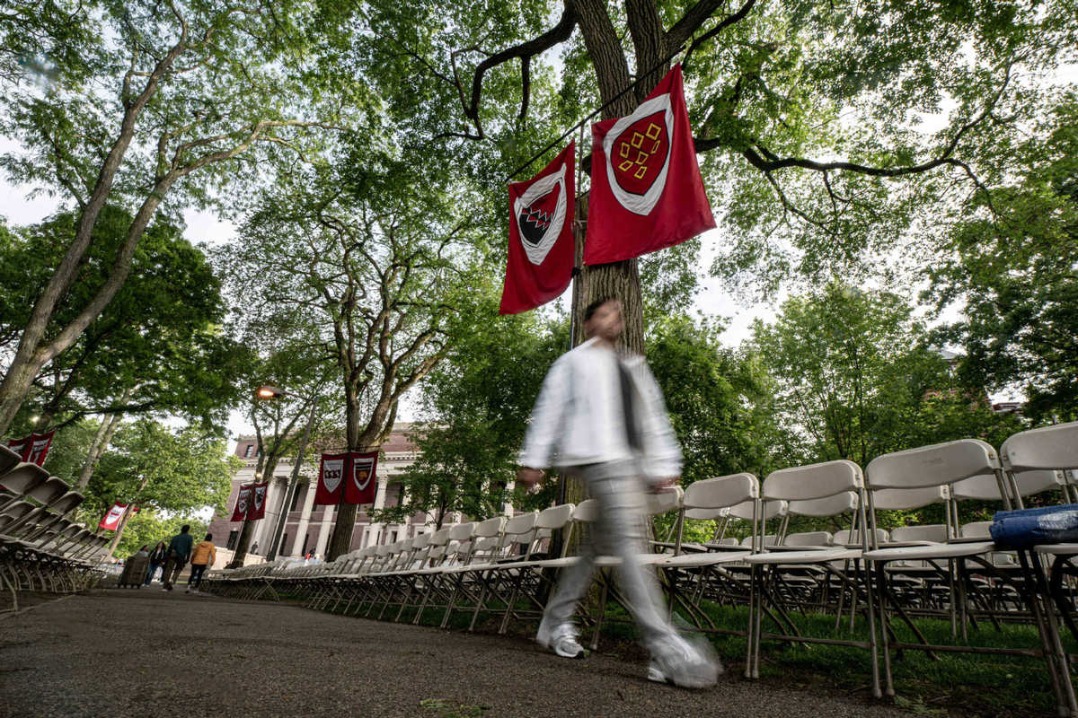Denmark reveals new coalition government
By JONATHAN POWELL in London | China Daily Global | Updated: 2022-12-15 09:16

PM ends post-election deadlock with partnership that bridges political divide
Denmark's Prime Minister Mette Frederiksen has confirmed her new government will bring together the left and right of the political spectrum in a rare cross-party coalition not seen in the country for more than four decades.
The announcement on Tuesday comes following inconclusive election results last month that led to six weeks of complex negotiations.
After informing Queen Margrethe of the alliance, Social Democratic leader Frederiksen told reporters the government will be formed with the main opposition party the Liberals, and also the Moderates.
Together, the three parties have a total of 89 seats in the 179-seat Parliament, which also includes four seats for policymakers from Greenland and the Faroe Islands. Frederiksen's party won more than a quarter of the election votes, making it the biggest in Parliament, with 50 seats.
"We have set high ambitions, both in terms of ensuring higher employment, more people getting work, high climate ambitions and a fairly comprehensive reform program," Frederiksen said. The government would have "a lot of compromises, but above all, a lot of ambitions", she added.
The 45-year-old will start her second term as premier once the new government has been formally announced on Thursday.
During her election campaign, Frederiksen argued that a left-right alliance was what was required at a time of international uncertainty, Reuters reported.
She said such a political coalition was "what our country needs", following the narrow election victory for her center-left Social Democrats in the legislative elections on Nov 1.
The new government faces the immediate task of tackling inflation in Denmark that has reached its highest mark in four decades and is eating into household incomes.
Political analysts warned that forming a coalition of traditional mainstream parties is an experiment that could eventually strengthen radical parties as seen in other European countries, Reuters reported.
Agence France-Presse news agency noted that the last coalition government, between the Social Democrats and the Liberals, lasted just nine months between 1978 and 1979.
"We are in totally new and unchartered territory," Robert Klemmensen, political science professor at Lund University, told AFP. "It's extremely surprising — no one thought it would be possible to form this government."
The election last month was sparked by the country's so-called mink crisis, which came about after the government decided in November 2020 to cull 15 million minks over fears of a mutated strain of the novel coronavirus.
The cull turned out to be illegal and triggered an early election to regain voters' confidence. The Social Liberals, who had been propping up Frederiksen's minority government, lost nine of their 16 seats, while the Social Democrats had their best election outcome in two decades.
























